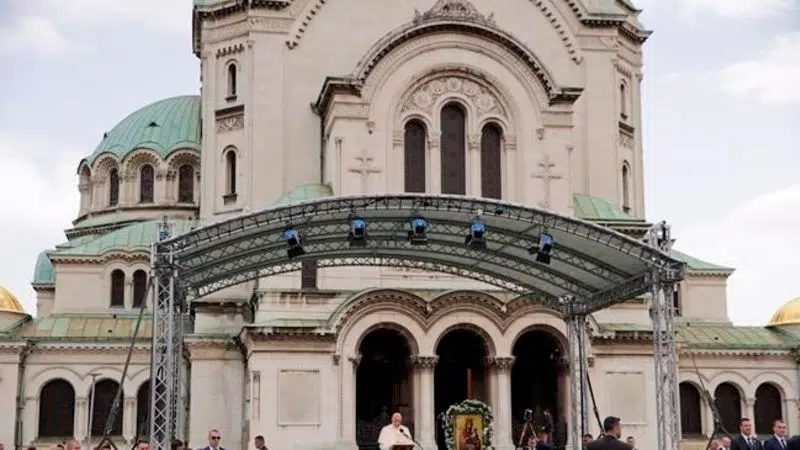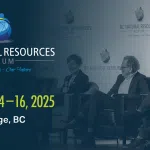
Pope urges migrant-skeptic Bulgarians to open hearts, homes
SOFIA, Bulgaria — Pope Francis urged Bulgarians on Sunday to open their hearts and homes to migrants, arguing that a country like Bulgaria, which is losing so much of its population to emigration, should well understand the forces that drive people to seek better lives elsewhere.
As he arrived in the Balkan nation for a two-day visit, Francis “respectfully suggested” that Bulgarians recognize that migrants are fleeing war, conflict or dire poverty “to find new opportunities in life or simply a safe refuge.”
“To all Bulgarians, who are familiar with the drama of emigration, I respectfully suggest that you not close your eyes, your hearts or your hands — in accordance with your best tradition — to those who knock at your door,” he told government officials at the presidential palace in Sofia, the capital.

